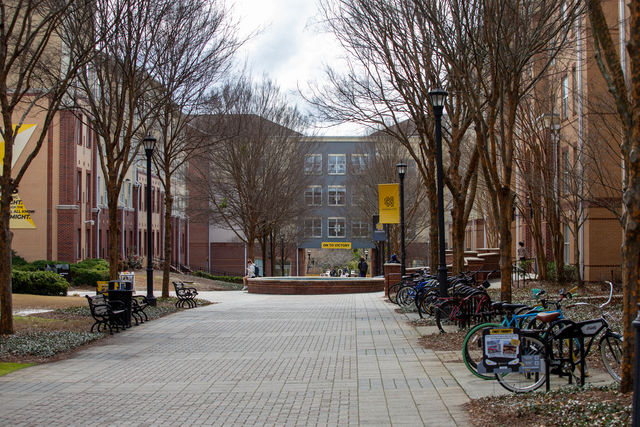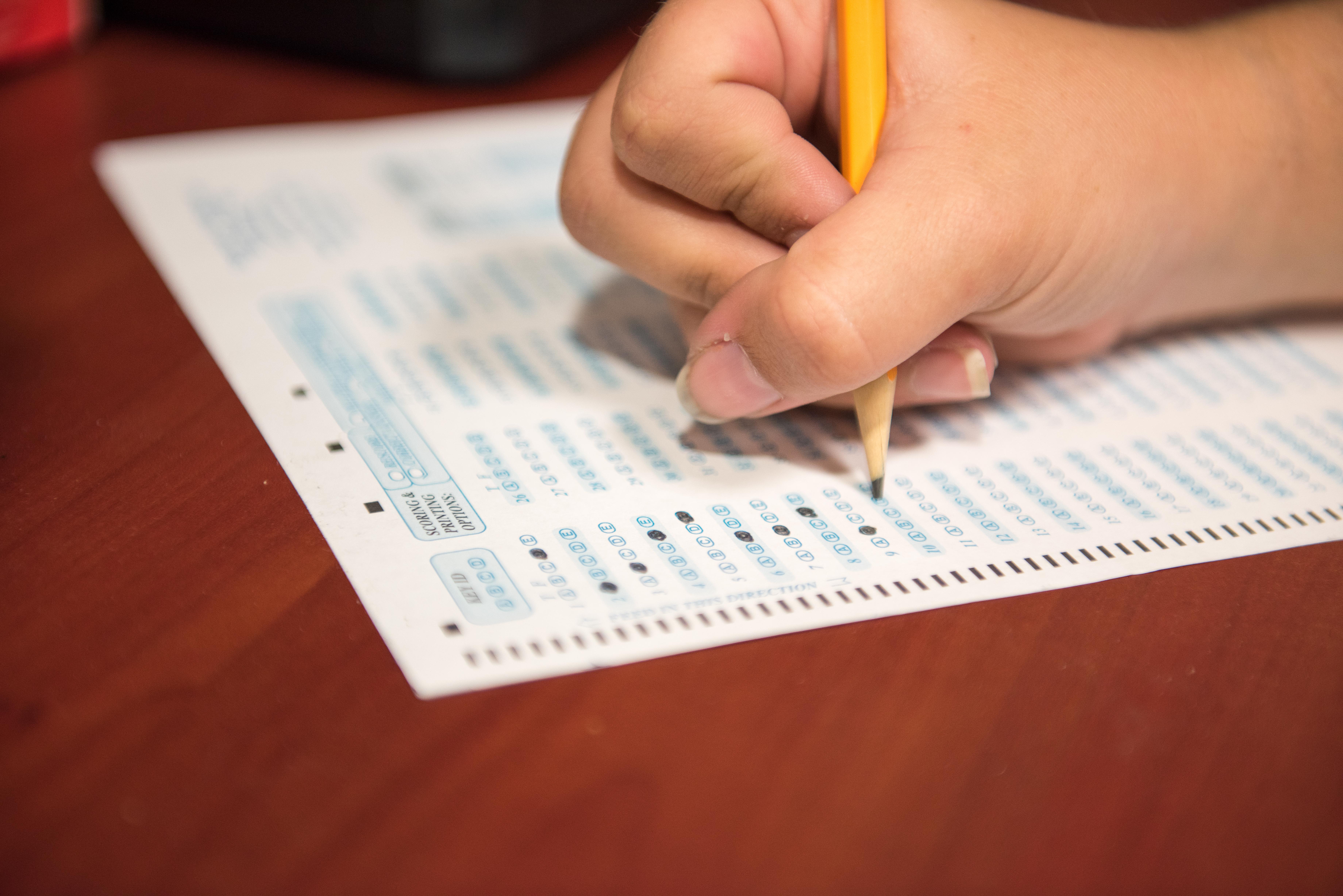The electoral college is something that, while initially beneficial, has become a restricting force in American politics.
It was included in the original constitution to provide states equal rights in presidential elections, regardless of their size. However, in the 230 years that have elapsed since the implementation of the constitution, it has become an outdated institution whose effects are now more harmful than beneficial.
The electoral college was created by the 13 colonies to establish a buffer between presidential elections and the vote of the general population. The desire for an electoral college came from fear of a large centralized government, and a fear of public ignorance, as explained in an article by Dave Roose.
Today, arguments in favor of the electoral college center around rural representation — if the president was elected via general election, candidates would be more likely to only lobby towards a select few large cities.
Similarly, according to a Sciencebuzz article defending the electoral college, “the electoral college forces candidates to win not just a majority, but a super-majority … This helps legitimize the election.”
Unfortunately, this proved to be untrue in both the 2000 and 2016 elections, as explained in a Diffen article.
In both of these cases, the democratic candidates won the majority of votes. However, because of the disbursement of electoral votes, the Republican candidates won the election anyways. The candidates did not win by a “supermajority.” Similar cases took place in 1876 and 1888, according to 270 To Win.
According to Duverger’s Law, “when single-member districts get just one legislative seat — as in the United States — and the winner takes that seat, two parties tend to dominate.” So, while the argument advocating for the electoral college argues that minority rural votes must be fairly represented, this is false.
According to the most recent poll by Gallup, 40 percent of those polled said they identified as independent with only 27 percent identifying as republican and 29 percent identifying as democrats. The termination of the electoral college, and in turn a two-party system, would provide representation to many more political groups.
“It doesn’t make sense for someone to earn the majority of votes in an election and still lose,” junior media and entertainment studies major Ella League said. “If the majority of people vote them into office, they should be put into the office.”
With the eradication of the electoral college, those who identify as independent would be provided more representation both in local government and also, potentially, in the case of a president.
Faithless electors are a rare but important moral issue that comes with the electoral college. Faithless electors are members of the electoral college who fail to vote for the candidate they have pledged to vote for. There have been 167 faithless electors in the history of the electoral college. While this may seem like a small number, the ethical issue remains. The purpose of elections is to promote a democratic system — if a small number of people are allowed to corrupt this system and promote their own agenda, the democracy of the election is moot.
Though advocates for the electoral college come from the perspective of equal representation, its very presence, in fact, prevents this. With the elimination of the electoral college, the American people can create a government that truly represents them.




